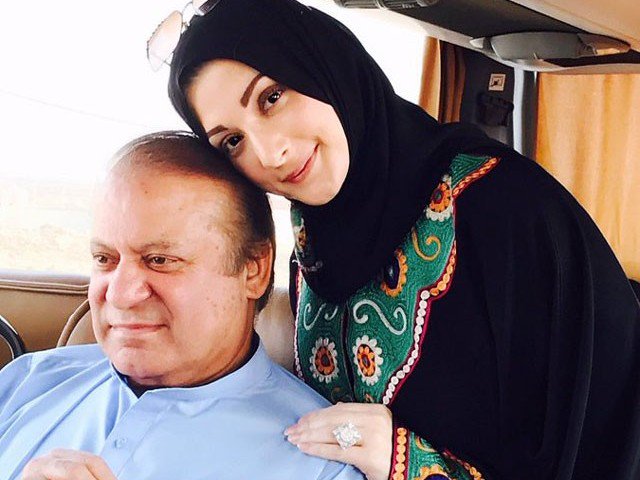Nawaz Sharif has returned to Pakistan and into prison giving a fresh twist to politics in that country. His dramatic return, with less than a fortnight to go for general election in Pakistan, definitely has the potential to take wind out of the sails of Imran Khan, whose Pakistan Tehreek-e-Insaaf was seen to be gaining ground since Sharif was convicted of corruption and directed to serve time in prison as was his daughter Maryam. But the veteran politician has ensured that each moment of his return delivers him returns in limelight and column inches, including him leaving behind wife Kulsoom who is on ventilator support following surgery for throat cancer in the UK and his leaving a country that offered him comfort and safety he is bound to be denied (or at least not ensured) in his home country. Sharif with Maryam returned to his hometown Lahore by an Etihad flight, which was delayed by more than an hour by “dark forces” according to Sharif. From the Lahore airport Sharif was shifted to another plane and flown to Rawalpindi and deposited in prison there. The National Accountability Bureau (NAB), a court that tries anti-corruption cases had, about a week back, sentenced Sharif to ten years in prison. It sentenced Maryam to seven years in prison in the same case. She also faces a ban from contesting elections for ten years even after she serves her prison term. Sharif and members of his family were charged with corruption in connection with the purchase of luxury apartments in London’s Park Lane. The Pakistani military is trying its best to blunt the support the former prime minister appears to be receiving on ground. Such support, despite indications of corruption, betrays a general acceptance of a democratic leader where people are willing to overlook charges of corruption. Thus the bigger pointer is a growing disposition towards democracy among Pakistanis. The country has, over the years, seen power see-sawing between the military and civilian leadership. The oscillation between these forms of leadership has seen to it that Pakistan is plagued by issues that impede its growth. The country has diverted the lion’s share of its resources on matters that are of little import to the uplift of the general populace. But it is undeniable that on many other fronts the country has seen progress.
Sharif’s place in the scheme of things is as a beacon of hope against the militarization of the government. If Imran Khan’s party, the PTI, is elected to power, it would be a victory for the military over the civilian leadership. The country would get a civilian leadership committed to military interests. The question now is what the people of Pakistan will do at the polling booths. The interest that the caretaker government controlled by the military has shown in trying to snuff out support for Sharif is indicative of the popularity of the leader. Even as Sharif was set to arrive in Pakistan on his way back, the government went on an intense crackdown against his supporters in Lahore. Police was deployed in large numbers across the city and roads leading to the airport were blocked to prevent Sharif supporters from reaching the airport. Access to the internet and mobile phone services were also blocked and several workers of the PML-N taken into preventive custody on flimsy public-order offences. If the military-backed forces are worried about Sharif’s return to the country as a representative of democracy, it indicates the existence of a strong support base for those favouring democracy in Pakistan. The strength of this segment is bound to surface at the coming elections.
